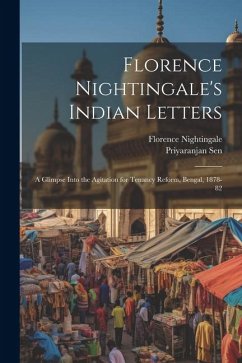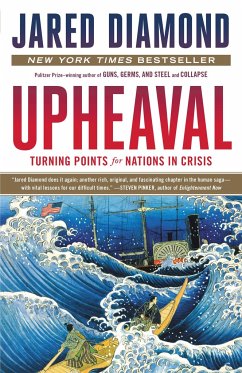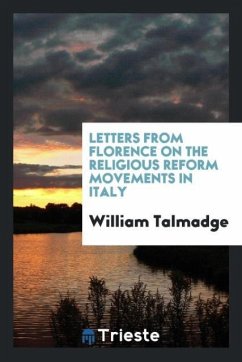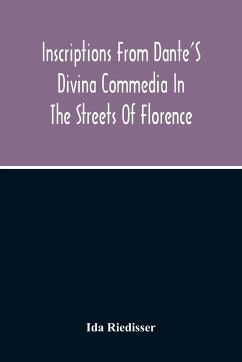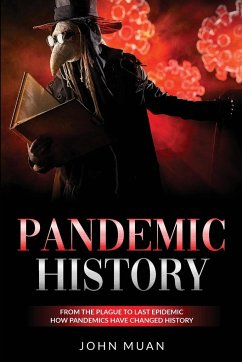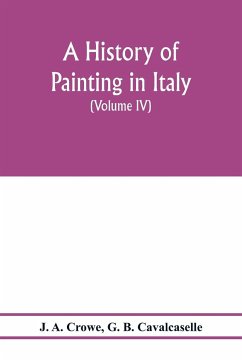Nicht lieferbar
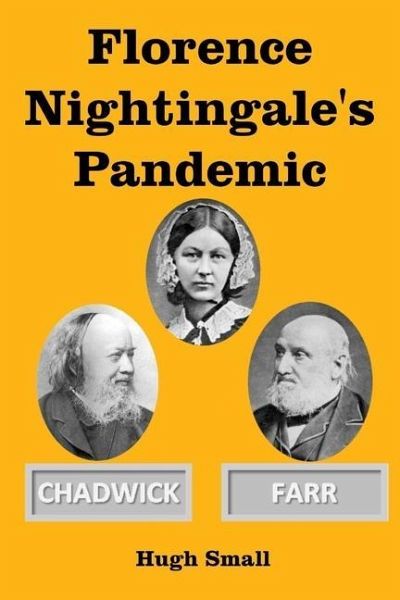
Florence Nightingale's Pandemic
Versandkostenfrei!
Nicht lieferbar
The last global cholera pandemic in 1881-95 ravaged Europe, for example killing two in every hundred residents of Hamburg. Britain was the only country in the world to escape it, despite constant communication with its Indian empire (the source) and with infected Europe. Health experts in Europe and the USA attributed this success to a revolutionary law: the 1875 Public Health Act. That legislation, which wrested control of epidemics from the medical elite, has been ignored by historians. It was the work of three radical public health activists of whom only Florence Nightingale remains famous,...
The last global cholera pandemic in 1881-95 ravaged Europe, for example killing two in every hundred residents of Hamburg. Britain was the only country in the world to escape it, despite constant communication with its Indian empire (the source) and with infected Europe. Health experts in Europe and the USA attributed this success to a revolutionary law: the 1875 Public Health Act. That legislation, which wrested control of epidemics from the medical elite, has been ignored by historians. It was the work of three radical public health activists of whom only Florence Nightingale remains famous, but not for this. History exaggerates her youthful hobby of nursing to disguise her as the servant of the medical profession, in reality she became its leader. This book shows how a taboo against the Victorian public health revolution has suppressed scientific knowledge with fatal results. The World Health Organisation mistakenly promotes antibiotics as the way to reduce deaths from infantile pneumonia. The UK Government claims to follow the science, but treats medical opinions on non-medical subjects as 'science'. Authorities around the world are reluctant to recognise the evidence that clean air prevents communicable disease. Until legislators are taught the difference between opinion and scientific evidence, there can be little hope that we will see the end of the Covid-19 crisis or of poverty due to ill-health.




